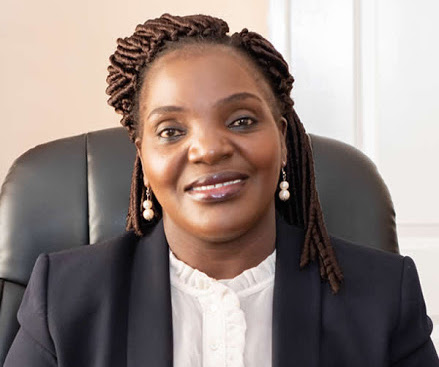|
Getting your Trinity Audio player ready...
|
By Marlvin Ngiza
A call has been made to the government and policymakers for urgent enactment of a Sign Language Act in order to ensure its mandatory use in all public institutions so as to address obstacles faced by deaf people in accessing basic services.
Deaf Zimbabwe Trust (DZT) Executive Director Barbra Nyangairi revealed that deaf people face woes in their quest to access basic services such as health, education, and legal aid due to communication barriers.
For instance, communication barriers might lead to wrong prescriptions and diagnoses which pose serious health threats.
“People who are deaf often do not have access to efficient communication in the healthcare system, depriving them of critical health information and healthcare. In some cases, lack of Sign Language provision in health facilities has led to misdiagnosis and wrong prescriptions which is a serious health risk and poses a major threat to their lives.
“Lack of Interpretation services within the justice system has led to delays in cases of persons who are deaf. Sometimes in sexual violence cases, testimonies are incorrectly recorded resulting in cases being dismissed due to inadequate information.
“Access to quality education for learners who are deaf is restricted since they are sometimes denied enrolment in institutions of higher learning due to failure to provide learning in Sign Language,” said Nyangairi.
Director Nyangairi stressed the need for the government and relevant authorities to step up efforts in ensuring fair recognition, representation, and inclusion of deaf people in both community and national developmental forums.
She said people with disabilities are usually included on the basis of “marginalization by inclusion” where they are not given fair chances to participate.
“Deaf people are not fairly recognised as evidenced by lack of inclusion in community dialogues. Society has a notion that providing reasonable accommodations like Sign Language interpretation is expensive, therefore, people who are deaf are seen as a burden.
“When they are included, it is usually tokenism. When people who are deaf are included in dialogues, it is usually a way to exhibit that a certain organisation or sector is inclusive and that there is equal representation yet people who are deaf are not given an opportunity to meaningfully participate.
“People who are deaf are not found in Parliament. They are still missing important decision-making positions that enable them to positively influence policy formulations. An analysis of state and non-state institutions shows that institutions do not have disability inclusion policies that ensure adequate representation of people with disabilities in these institutions. These gaps are caused by institutional and structural barriers that make it difficult for the deaf to take up space and be seen and heard,” added Nyangairi.
Section 22 of the Constitution of Zimbabwe states that the state and all institutions and agencies of government at every level must, within the limits of the resources available to them, assist persons with physical or mental disabilities to achieve their full
potential and to minimise the disadvantages suffered by them.
Zimbabwe recently passed the Disability Policy as a way of attending to and protecting the rights of people with disabilities and ensuring their welfare.
People with disabilities constitute 15 percent of the country’s whole population with only 2 senators representing them.






